Description
Squash – Baby Spaghetti F1
Squash – Baby Spaghetti F1 . An early maturing mini spaghetti squash variety with a semi-vigorous plant habit. It matures around 2 weeks earlier than standard larger varieties. The fruits are uniform egg shaped 400-600 gram each yielding 15-20 per plant. The flesh is a pale yellow -orange with an excellent nutty flavour. Will store well into winter. Boil or roast the fruit whole for 20-30 minutes, remove the seeds, then fork out the spaghetti like flesh in long strands, serve with a sauce or season to taste, delicious.
Cultivation advice
- Start seeds indoors 3-4 weeks before the last expected frost, or sow seeds directly in the garden after the danger of frost has passed.
- Choose a sunny location with well-draining soil.
- Amend the soil with compost or well-rotted manure to improve fertility and drainage.
- Spaghetti squash, including Baby Spaghetti F1, prefers slightly acidic to neutral soil with a pH between 6.0 and 7.0.
- Plant seeds or seedlings in hills or rows, with spacing of about 3 to 4 feet between plants. Each hill can have 2-3 seeds, and if more than one plant germinates, thin to the strongest seedling.
- Keep the soil consistently moist, especially during the flowering and fruiting stages.
- Water at the base of the plant to prevent water on the leaves, which can reduce the risk of fungal diseases.
- Apply a layer of mulch around the plants to conserve moisture, suppress weeds, and maintain a more even soil temperature.
- Fertilize with a balanced, all-purpose fertilizer at planting time and then again when the vines start to develop.
- Avoid excessive nitrogen, as this can promote excessive foliage growth at the expense of fruit development.
- Baby Spaghetti F1 plants develop long, trailing vines. Providing support, such as a trellis or a sturdy fence, can help keep the fruits off the ground and save space in the garden.
- Baby Spaghetti F1 plants produce both male and female flowers. Bees are the primary pollinators, so encourage pollinator activity in your garden.
- Keep an eye out for common garden pests such as aphids and squash bugs. Handpick or use insecticidal soap for control.
- Companion planting with herbs like basil can help deter pests.
- Harvest Baby Spaghetti F1 when the fruits reach their mature size, which is smaller than traditional spaghetti squash. The rinds should be hard.
- Cut the squash from the vine, leaving a short stem attached.
- Cure the harvested Baby Spaghetti F1 squash by placing them in a warm, dry location for 1-2 weeks. This helps the skin harden, extending storage life.
- Store cured Baby Spaghetti F1 squash in a cool, dry place. Properly stored, they can last for several months.
- To enjoy the spaghetti-like strands, cut the squash in half, remove the seeds, and bake or steam until the flesh is easily scraped with a fork.
- Use the “spaghetti” in place of traditional pasta or in various recipes.
- Rotate crops each year to reduce the risk of soil-borne diseases.
- Provide good air circulation by spacing plants adequately and pruning excess foliage.
- Plant companion crops that can help deter pests and enhance the overall health of the garden. Marigolds, for example, are known to repel certain pests.
- Plant Baby Spaghetti F1 squash at the appropriate time for your region. Ensure that the growing season is long enough for the squash to mature before the first fall frost.
- Baby Spaghetti F1 squash is sensitive to frost. If there’s a risk of frost before the fruits mature, consider covering the plants or harvesting the squash early.
- Harvest Baby Spaghetti F1 squash regularly as they mature. This encourages the plant to continue producing more fruits.
- Consider planting squash varieties, including Baby Spaghetti F1, that are known for resistance to specific pests or diseases prevalent in your area.
- If space is limited, consider trellising the vines. This not only saves space but can also help keep the fruits off the ground, reducing the risk of rot.

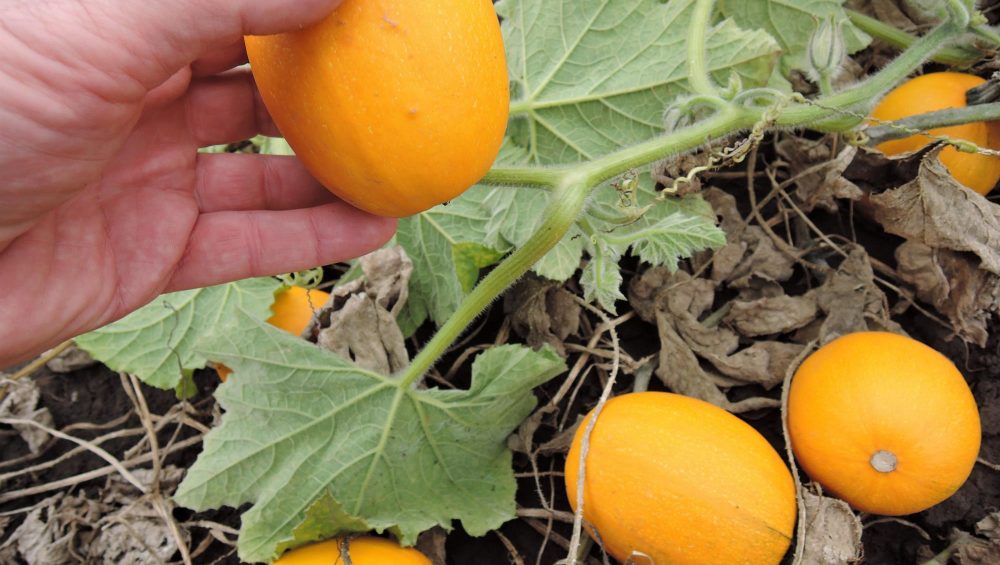
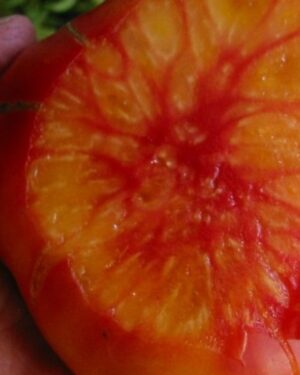
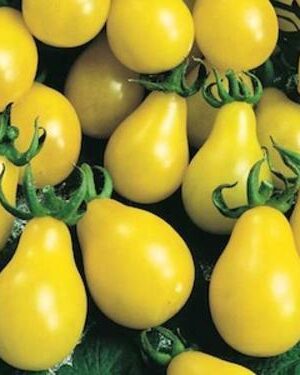
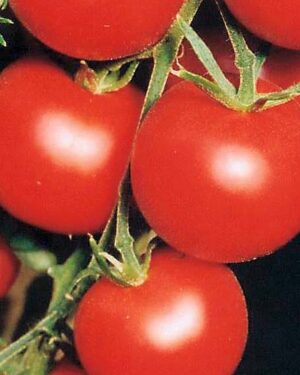
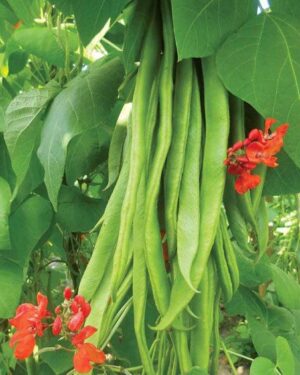
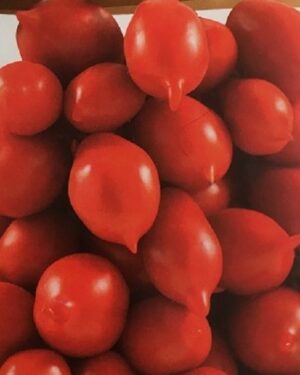
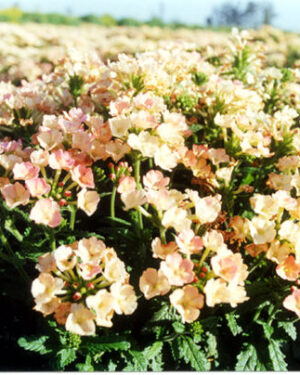
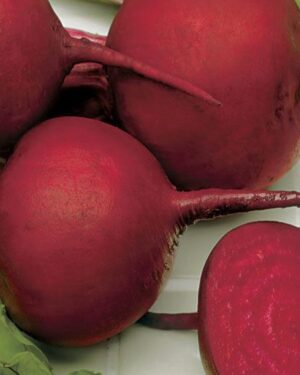
Reviews
There are no reviews yet.